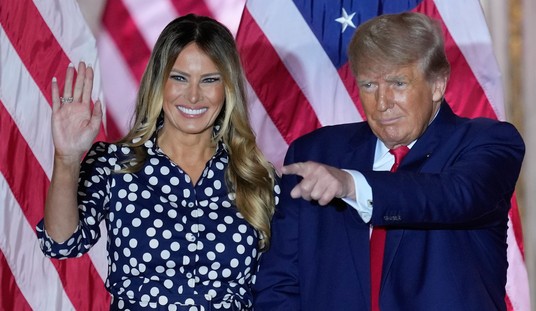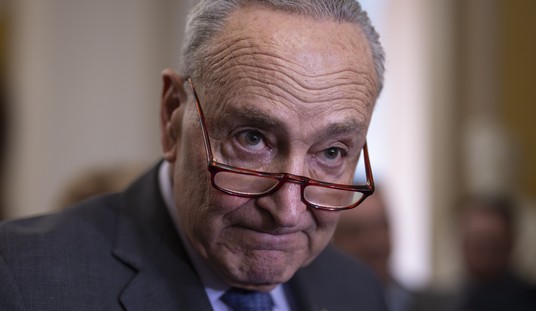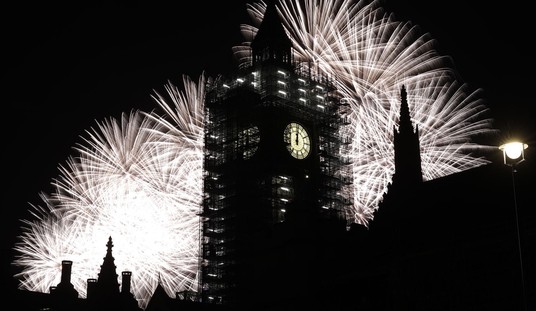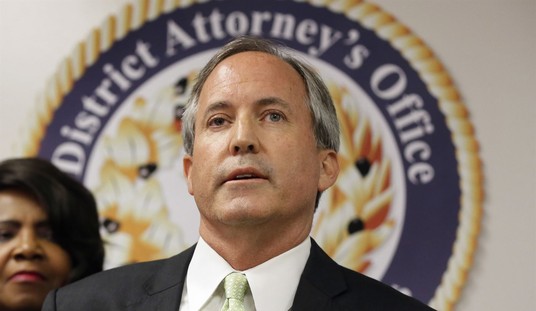President Obama signaled Saturday that he was prepared to allow Iran to enrich uranium on its soil, saying that an eventual nuclear deal could be structured to ensure that Tehran’s program would be only for peaceful purposes…
“If we could create an option in which Iran eliminated every single nut and bolt of their nuclear program and forswore the possibility of ever having a nuclear program, and for that matter got rid of all its military capabilities, I would take it,” Obama said in a conversation with the center’s principal supporter, Los Angeles businessman Haim Saban.
“But I want to make sure everybody understands it – that particular option is not available. So as a consequence, what we have to do is make a decision as to, given the options available, what is the best way for us to [ensure] Iran does not get a nuclear weapon?”
Iran is moving ahead with testing more efficient uranium enrichment technology, a spokesman for its atomic energy agency said on Saturday, in news that may concern world powers who last month agreed a deal to curb Tehran’s atomic activities.
Spokesman Behrouz Kamalvandi was quoted by state news agency IRNA as saying that initial testing on a new generation of more sophisticated centrifuges had been completed, underlining Iran’s determination to keep refining uranium in what it says is work to make fuel for a planned network of nuclear power plants.
Although the development does not appear to contravene the interim agreement struck between world powers and Iran last month, it may concern the West nonetheless, as the material can also provide the fissile core of a nuclear bomb if enriched to a high degree.
Rep. Adam Schiff (D-Calif.) warned Sunday that if Iran does not satisfy the requirements of the interim agreement that curbs its nuclear program, then “sanctions are going to start flying out of Congress.”
“If the Iranians renege, if they cheat, then the deal is off. We not only resume the freeze, we add sanctions. But I don’t think we should take steps that aren’t necessary right now,” Schiff said on CNN’s “State of the Union.”
While Schiff agrees with the White House that Congress should hold off on more powerful sanctions, Rep. Mike McCaul (R-Texas) says they’d serve as leverage.
“Iranians would know we’re serious about sanctions, and it would give us leverage for the administration in their talks,” McCaul said on “State of the Union.”
Some advocates of war seem gripped by Thirties Envy, a longing for the clarity of the 1930s, when appeasement failed to slake the dictators’ thirst for territorial expansion. But the incantation “Appeasement!” is not an argument. And the word “appeasement” does not usefully describe a sober decision that war is an imprudent and even ultimately ineffective response to the failure of diplomatic and economic pressures to alter a regime’s choices about policies within its borders.
Israel’s superb air force is too small, when striking over great distances at hidden and hardened targets, to do more than set back Iran’s program a few years, at most. And an attack might cause Iran to expel the international inspectors or accelerate the crumbling of the sanctions, thereby speeding the reconstitution of the weapons program…
The agreement will not stop Iran from acquiring nuclear weapons; only a highly unlikely Iranian choice can do that. The agreement may, however, prevent a war to prevent Iran from acquiring such weapons. If Pollack is right, and he certainly is persuasive, we have two choices, war or containment. Those who prefer the former have an obligation to clearly say why its consequences would be more predictable and less dire than those in the disastrous war with Iraq.
Momentum for sanctions is waning. It’s true that the economic relief the Iranians will receive in this deal is modest, but it is also true that many nations, many companies and the Iranians themselves are seeing this agreement as the beginning of the end of the sanctions regime. Iran is already making a push to recapture its dominant role in the Organization of the Petroleum Exporting Countries. U.S. officials believe they can hold the line on sanctions, but it is reasonable to assume that they will come under increasing pressure from countries such as South Korea, Japan, India and China, which could very easily convince themselves that Iran is preparing to act in a more responsible manner (after all, it replaced its snarling, Holocaust-denying president with a smiling, savvy president) and should be reopened for business…
The biggest concession to the Iranians might have already been made. Although it is the West’s position that it has not granted Iran the so-called right to enrich, the text of the interim agreement states that the permanent deal will “involve a mutually defined enrichment program with mutually agreed parameters.” Essentially, Barack Obama’s administration has already conceded, before the main round of negotiations, that Iran is going to end up with the right to enrich. Realists would argue that Iran will end up with that “right” no matter what, but it seems premature to cede the point now…
One of Israel’s most prominent experts on the Iranian nuclear program, a former military intelligence chief named Amos Yadlin, said this week that “Iran is on the verge of producing a bomb. It’s sad, but it’s a fact.” Yadlin suggested that no one, and no agreement, can stop Iran from reaching the nuclear threshold. I fear he is right.
“If you ask me what is the likelihood that we’re able to arrive at the end state … I wouldn’t say that it’s more than 50-50.”
In their heyday, neoconservatives boasted that while anyone could go to Baghdad, real men hankered to go to Tehran. But as a venue for displaying American power, Baghdad proved a bust. In Tehran lies the possibility of finding a way out of perpetual war. Although by no means guaranteed, the basis for a deal exists: We accept the Islamic republic, they accept the regional status quo. They get survival, we get a chance to repair self-inflicted wounds. It’s the same bargain that Nixon offered Mao: Keep your revolution at home, and we’ll make our peace with it. Negotiations over Iran’s nuclear program provide the medium for achieving this larger end…
Although Americans have not yet fully digested the news, the United States no longer must defer to the Saudis. North American reserves of oil and natural gas are vastly greater than they appeared to be just a few years ago. As the prospect of something approximating energy independence beckons, the terms of the U.S.-Saudi alliance — they pump, we protect — are ripe for revision. Not so long ago, it seemed really, really important to keep the Saudi royal family happy. Far less so today.
Much the same applies to Israel. Easily the strongest power in its neighborhood and the only one possessing a nuclear arsenal, the Jewish state privileges its own security over all other considerations. It has every right to do so. What doesn’t follow is that Washington should underwrite or turn a blind eye to Israeli actions that run counter to U.S. interests, as is surely the case with continued colonization of the occupied territories. Just as Israel disregards U.S. objections to its expansion of settlements in the West Bank, the United States should refuse to allow Israeli objections to determine its policy toward Iran.
The exit from America’s misadventures in the region is through the door marked “Tehran.” Calling off the War for the Greater Middle East won’t mean that the political, social and economic problems roiling that part of the world will suddenly go away. They just won’t be problems that Uncle Sam is expected to solve. In this way, a presidency that began with optimism and hope but has proved such a letdown may yet achieve something notable.
Via the Washington Free Beacon.
Kerry said Washington would confer closely with its Israeli ally about crafting a permanent Iran agreement after the six-month confidence-building period laid out by the Geneva deal under which Iran will curb sensitive aspects of its nuclear program in exchange for limited relief from sanctions.
“I can’t emphasize enough that Israel’s security in this negotiation is at the top of our agenda and the United States will do everything in its power to make certain that Iran’s nuclear program, the program’s weaponisation possibilities, is terminated,” Kerry said.








Join the conversation as a VIP Member